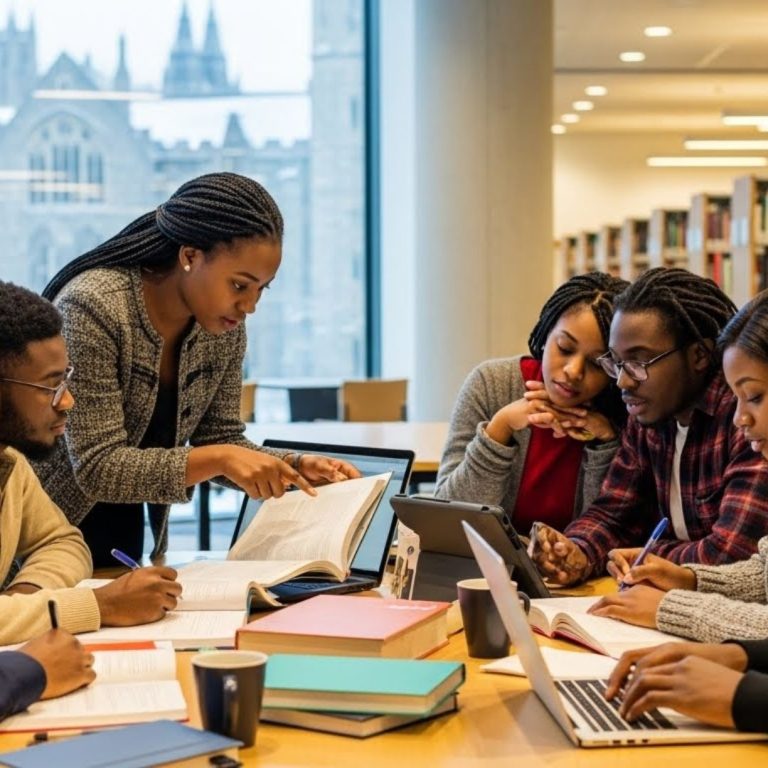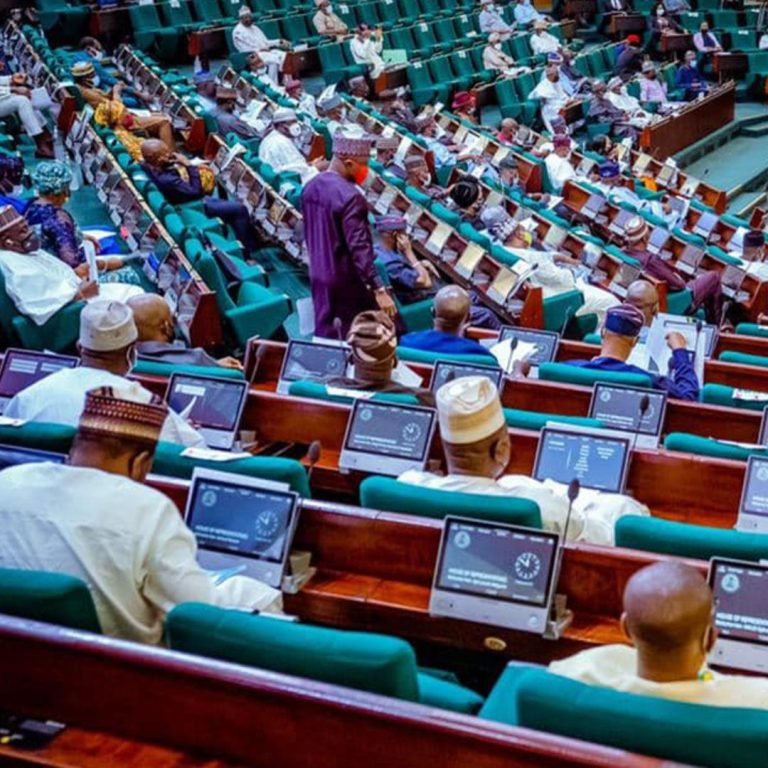We’re only 39 days into 2025, and it’s already looking like the year Nigerians might have to unlearn the “state and capital” rhyme from primary school. In case you haven’t heard, the House of Representatives Committee on the Review of the 1999 Constitution just received a proposal to add 31 new states to the already existing 36.
Since news of the proposal broke on February 6, Nigerians have had many questions about the development; we’ll answer some of them in this article.
A little backstory
Before we get into the long list of proposed states, you need to know who the committee behind this proposal is and how much power it has. The House of Representatives Committee on the Review of the 1999 Constitution (as the name suggests), is in charge of amending the Nigerian constitution we all know and reference. If you’re not aware that the Constitution is getting amended, we don’t exactly blame you because the government hasn’t been the loudest about it (This is your cue to subscribe to Zikoko Citizen’s daily newsletter so nothing about Nigeria catches you by surprise)
In February 2024, a constitution review committee was established with members from each of Nigeria’s 36 states. The committee includes key leaders from the House of Representatives, regional house groups, six women from each of Nigeria’s six geopolitical zones, representatives for People With Disabilities (PWDs), and members of civil rights groups. These guys have been working consistently to bring the updated constitution to life.
This committee is a big deal. If the majority of lawmakers from the Senate, House of Representatives, and House of Assembly of the affected states agree, the proposal for new states could actually become part of the amended constitution.
What new Nigerian states are lawmakers proposing?
Here’s a breakdown of the proposed states:
North-Central
- Benue Ala State – from Benue State
- Okun State – from Kogi State
- Okura State – from Kogi State
- Confluence State – from Kogi State
- Apa-Agba State – from Benue South Senatorial District
- Apa State – from Benue State
- Federal Capital Territory (FCT) Abuja – to be recognized as the 37th state
North-East
- Amana State – from Adamawa State
- Katagum State – from Bauchi State
- Savannah State – from Borno State
- Muri State – from Taraba State
North-West
- New Kaduna State & Gurara State – from Kaduna State
- Tiga State – from Kano State
- Kainji State – from Kebbi State
- Ghari State – from Kano State
South-East
- Etiti State – proposed as the sixth state in the South-East region
- Adada State – from Enugu State
- Urashi State – proposed as the sixth state in the South-East region
- Orlu State – from the South-East region
- Aba State – from the South-East region
South-South
- Ogoja State – from Cross River State
- Warri State – from Delta State
- Bori State – from Rivers State
- Obolo State – from parts of Rivers and Akwa Ibom States
South-West
- Toru-Ebe State – from Delta, Edo, and Ondo States
- Ibadan State – from Oyo State
- Lagoon State – from Lagos State
- Ijebu State – from Ogun State
- Lagoon State – from Lagos and Ogun States
- Ife-Ijesha State – from Oyo State
- Oke-Ogun State – from parts of Ogun, Oyo, and Osun States
Can Nigeria afford new states?
Running 36 states is already a financial headache. Nigerian states currently owe over ₦11 trillion in debts, while the federal government owes over ₦134 trillion . Despite the shitload of debt these states are in, 32 out of the 36 Nigerian states still don’t have enough money to run their affairs. Most of these states depend heavily on allocations from the federal government. In 2023, 55% of state income came from the federal government (which is interesting because FG also depends on public debts). Now imagine adding 31 new states to the mix. More governors, lawmakers, and government agencies means more money that Nigeria doesn’t appear to have.
Could this actually happen?
The Nigerian constitution has a procedure for creating additional states, and according to those provisions, new states can be created if the following is done: First, most of the lawmakers representing the affected areas—at least two out of every three—must support the creation of the states. This includes senators, the House of Representatives, state assembly members, and local government councils.
Next, the people in the area must vote, and at least two out of every three must say yes. When that’s done, more than half of Nigeria’s states must agree before the proposal moves forward.
Finally, the National Assembly must give the final approval, with two out of every three lawmakers in both the Senate and House of Reps voting yes. If this proposal passes these stages, it could be written into the amended constitution. Judging by the fact that we woke up to a new national anthem one random morning in 2025, this proposal might be passed as law faster than anyone can say “Tinubu”.
What are the disadvantages of the creation of a new state in Nigeria?
There are a handful of problems that could come with the creation of a new state but we’ll attempt to answer this question by referencing the problems that some of Nigeria’s youngest states currently face.
You may or may not know this, but Nigeria only had 30 states up to 1996 when Bayelsa, Ebonyi Ekiti, Gombe, Nasarawa, and Zamfara States were created and added to the mix. As we’ve already established earlier, these states are not generating enough revenue, but that’s not their worst problem. In states like Ebonyi, there have also been decade-long boundary disputes that have claimed the lives of several people.
Additional states, even as little as two, can potentially change things for Nigerians, so while the current proposal for 31 additional states might sound unachievable, a compromise on numbers is still possible. This is one of those proposals that can change everything for Nigerians.
How can you influence the outcome of this current development?
The most basic step towards influencing the outcome of whatever happens is to be informed about the situation. To keep up with the proposed state creation, subscribe to Zikoko Citizen’s daily newsletter. You can also set up a Google alert with “proposed 31 new states in Nigeria” as your keywords. Zikoko Citizen is also hosting Citizen Townhall, a hybrid event where young leaders and policymakers discuss ways to shape Nigeria’s future. Register here to join the conversation and make an impact.




